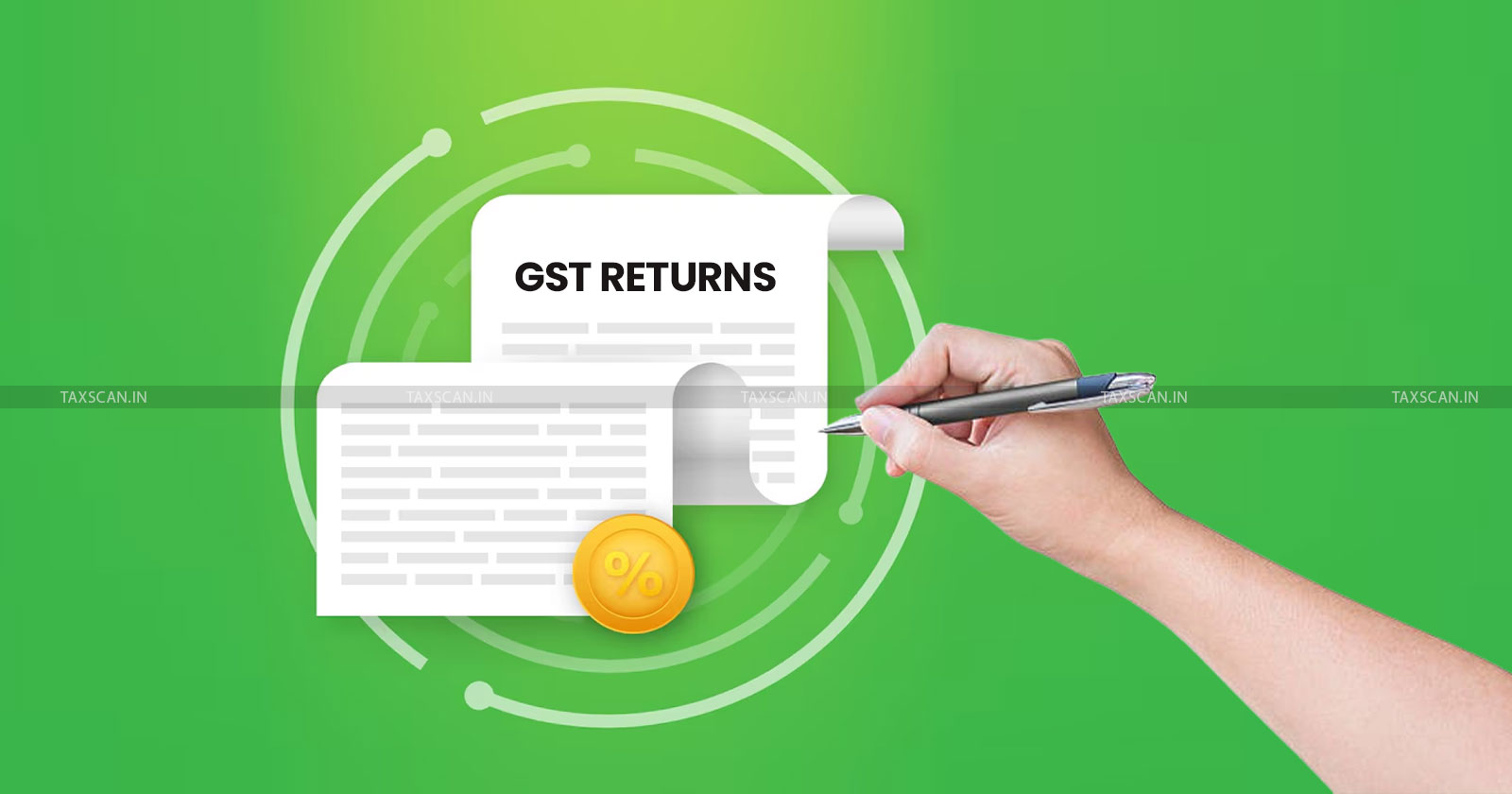Can GST Returns Be Amended After the Due Date Prescribed Under the GST Law? Know Relevant Court Rulings
As per the GST law, returns once filed—especially GSTR-1 and GSTR-3B—cannot be freely amended after their respective due dates.

Under India’s Goods and Services Tax (GST) framework, the accurate filing of returns is critical to ensuring tax compliance and the seamless flow of Input Tax Credit (ITC).
However, practical challenges and human errors during return filing often raise an important legal question: Can GST returns be amended after the prescribed due date? While the GST law provides limited opportunities for correction, recent judicial pronouncements have carved a more nuanced and equitable path, allowing rectification of errors in specific situations.
Complete Referencer of GSTR-1, GSTR-1A, GSTR-3B, GSTR-9 & GSTR-9C - Click Here
As per the GST law, returns once filed—especially GSTR-1 and GSTR-3B—cannot be freely amended after their respective due dates. Section 39 of the CGST Act allows for rectification of omissions or incorrect particulars in returns, but only up to the earlier of:
- The due date of filing the return for the month of September following the end of the financial year, or
- The actual date of filing the annual return.
These statutory limits have often resulted in genuine taxpayers being penalized for inadvertent clerical errors, prompting a spate of litigation seeking judicial relief.
Judicial Interpretations: A Shift Toward Equitability
Several High Courts across India have, in recent years, addressed this conundrum. They have emphasized that where errors are bona fide and do not result in tax evasion or loss to the revenue, rigid adherence to technical deadlines may be unjust.
Clear all Your Doubts on RCM, TCS, GTA, OIDAR, SEZ, ISD Etc... Click Here
Below are some notable cases:
1. Deepa Traders vs Principal Chief Commissioner of GST & Central Excise, Chennai
In this case, the petitioner erroneously paid IGST under the CGST and SGST heads while filing returns. The Madras High Court held that such inadvertent errors could be rectified post due date, in the absence of mala fide intent. It permitted reallocation of the tax payments under the correct heads, reiterating that the objective of GST compliance should be revenue neutrality and fairness. This judgment was upheld in PCC of GST & Central Excise, Chennai vs Deepa Traders (Division Bench Ruling).
2. Orient Traders vs Deputy Commissioner of Commercial Taxes (Audit)-3, Bengaluru
Here, ITC was denied due to a mismatch between GSTR-3B and GSTR-2A forms. The Karnataka High Court ruled in favor of the assessee, stating that bona fide errors in return filing, especially when GSTR-2A was not even fully functional, should not lead to the denial of credit. This reaffirmed the principle that procedural lapses should not override substantive entitlements.
3. Shiva Jyoti Construction vs Chairperson, CBEC – Orissa High Court
The petitioner had mistakenly filed B2B invoices as B2C in GSTR-1. As this caused denial of ITC to the recipient, the court ruled that no loss to the exchequer would arise from allowing rectification. It permitted refiling of the return correctly, safeguarding the interests of both parties.
4. Bright Hardware vs Deputy State Tax Officer, Coimbatore
An incorrect classification of inward supply under reverse charge in GSTR-3B resulted in an artificial tax liability. Recognizing the mistake as inadvertent, the Madras High Court set aside the tax order and allowed the assessee to rectify the return, albeit subject to a partial pre-deposit, ensuring both fairness and administrative discipline.
5. NRB Bearings Ltd. vs Commissioner of State Tax – Bombay High Court
A clerical error in GSTR-1 led to the denial of ITC to a recipient. The Court allowed rectification of the error on the grounds that there was no loss to revenue. It emphasized that tax administration must prioritize substantive justice over procedural lapses.
6. Y.B. Constructions Pvt. Ltd. vs Union of India – Orissa High Court
The petitioner filed GSTR-1 incorrectly under B2C instead of B2B, disallowing ITC to the buyer. The High Court allowed rectification, noting that the department suffered no loss and that disallowing correction would defeat the purpose of GST as a tax system based on value addition and credit flow.
Step by Step Handbook for Filing GST Appeals - Click here
Conclusion
While statutory provisions under GST limit the timeline for rectifying returns, Indian courts have consistently adopted a taxpayer-friendly approach in genuine cases of error. The key principles emerging from these rulings include:
- Errors must be bona fide and not aimed at tax evasion.
- There should be no loss to the revenue.
- Procedural errors should not negate substantive rights, such as the right to ITC.
Taxpayers facing similar issues should consider seeking legal recourse with supporting evidence of inadvertent error and good faith.
Support our journalism by subscribing to Taxscan premium. Follow us on Telegram for quick updates


